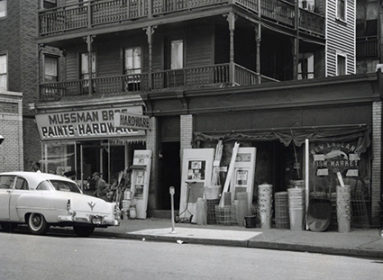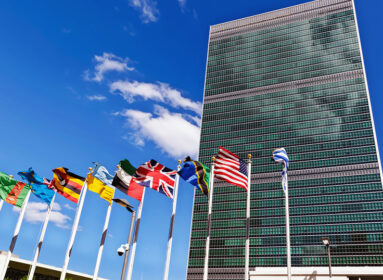By Cindy Mindell
FAIRFIELD – As the summer’s Israel-Hamas military conflict fades from recent memory, David Levy is already thinking about his next trip to volunteer on an Israeli army base.
For three weeks in July, Levy took part in Sar-El – The National Project for Volunteers in Israel, a non-profit organization that places volunteers from around the world in non-military support roles on Israeli military bases.
“My wife and I donate to Israel, we buy Israel Bonds and Israel needs our money,” says Levy, a Fairfield resident and a lecturer in developmental English at Housatonic Community College. “After listening to a presentation by Rita Frost of Newtown, who had gone on Sar-El, my wife and I made a decision that you can give lip service and then you have to now commit. I decided that I had to donate myself. I couldn’t offer ‘boots on the ground,’ but I could offer ‘shoes on the ground.’”
At 70 years of age, Levy is not the oldest in his Sar-El group, which ranged in age from 18 to 85. The trip was his fifth or sixth to Israel and his first volunteer experience with the organization.
It was also his first-ever stint in the military. He and his fellow volunteers, who worked for three weeks on a military base near Tel Aviv, wore Israel Defense Forces (IDF) uniforms and followed the same daily schedule as IDF personnel on the base. They attended the daily flag-raising and talks by a general and a lieutenant colonel.
The group arrived on July 8, the first day of Operation Protective Edge, and was tasked with assembling medical supply packs for use in field hospitals in Israel and around the world. Instructed by a supervisor named Mashiach, the Sar-El participants worked alongside Israeli volunteers from the area and European volunteers, both Jewish and non-Jewish. Levy befriended an Israeli man whose grandson was serving in Gaza, and learned about the anti-Semitic climate in France, Holland, and Belgium. They saw Iron Dome in action, Levy says, “and we always prayed that our stuff would never be used.”
“The strangest thing is that you would never know there was a war on,” he says. “We were one hour’s drive from the front, yet we were talking, laughing, and eating with soldiers and officers.”
On Thursday afternoons, the end of the Sar-El work week, Levy would make his way to Tel Aviv or Jerusalem for Shabbat.
For the most part, people seemed nonplussed, says Levy, who crowded into an air-raid shelter with other diners at a Tel Aviv restaurant one evening when the sirens sounded. “Maybe as I was running to the air-raid shelter and thought for a moment that I might not see my family, I was frightened,” he says. “But I knew I was safe, and that I couldn’t have been in a safer environment.”
Levy admits that the situation may have felt more dire if he had a child serving in the IDF.
“But every man and woman in the IDF is a child to all Israelis,” he says. “So everyone gets very concerned and is always focused on the TV to see how things are playing out.”
For Levy, the Sar-El experience was the closest he’s come to making aliyah, something he had hoped to do when he was younger. He plans to recruit a couple of friends to join him on the program again, but this time for two weeks, so that he doesn’t miss so much time with his grandchildren.
“My family all knew how important Sar-El was to me and emailed a lot,” he says. “My son told me that he was proud of me. What could be better than that?”
Comments? email cindym@jewishledger.com.









 Southern New England Jewish Ledger
Southern New England Jewish Ledger














